Testing Services in 2025: What Enterprises Need to Know
DSSP2025-11-26T10:25:56+00:00Quality Is the New Competitive Edge
Across every industry from fintech to healthcare to manufacturing the conversation in 2025 is no longer just about digital transformation. It’s about digital confidence. Innovation without reliability is no longer innovation. Every business that releases new code, launches an app, or deploys a new AI model faces the same fundamental truth: quality is trust. And that trust is built on one foundation testing services. Modern enterprises are no longer treating testing as an afterthought. They’re embedding it into their DNA into development, deployment, and decision-making. Testing services have become the quiet powerhouse behind uptime, user satisfaction, and customer retention. In the years ahead, testing won’t simply validate code it will validate credibility.
The Evolution of Testing Services: From Verification to Value Creation
Historically, testing services existed to verify whether software worked as intended. That model worked in a slower world. But 2025 is different. Today, testing services are not just a checkpoint they’re an engine of continuous improvement. Modern enterprises operate on micro-releases, distributed systems, and constant integrations. A bug introduced in one environment can ripple through APIs, third-party services, and production databases within hours. The old test-after-release approach no longer holds. Forward-thinking organizations are adopting Continuous Quality Engineering where testing services are integrated into every sprint, every commit, and every deployment pipeline. This shift has turned quality from a phase into a philosophy and the result is faster innovation, stronger stability, and measurable business outcomes.
Testing Services as Strategic Enablers in Enterprise Growth
When quality assurance becomes strategic, it changes everything. CIOs and CTOs across U.S. enterprises now view testing services as a business enabler, not a technical cost. The ROI of testing services in 2025 is clear: reduced downtime, faster go-to-market cycles, and improved customer retention. At Google, every code push goes through multiple layers of automated testing pipelines but what matters isn’t the number of tests, it’s the confidence those systems create. Testing services are now part of enterprise resilience planning, sitting alongside cybersecurity, compliance, and risk governance. It’s not about testing code anymore it’s about testing the future.
The Rise of Automation and AI in Testing Services
The future of testing is autonomous, intelligent, and adaptive. Automation once meant scripting repetitive checks. In 2025, it means systems that learn, predict, and self-correct. AI is revolutionizing testing services by transforming static validation into dynamic assurance. AI-driven test case generation, self-healing automation, and predictive defect analysis are the new standards. At Microsoft and Intel, AI bots continuously scan production systems and alert teams to potential quality degradation before it impacts users. AI is turning testing services into a strategic foresight tool not just detecting failure, but predicting it.
Cloud-Native Testing: Scaling Quality at the Speed of Innovation
As organizations move to the cloud, traditional testing models can’t keep up. In 2025, cloud-native testing services have become the backbone of scalability. Testing environments are virtual, elastic, and globally distributed. Companies use cloud test orchestration platforms to simulate millions of concurrent users across geographies. Cloud-based testing also enables parallel execution, drastically reducing test cycles. For modern enterprises, testing services must now ensure elastic reliability guaranteeing performance at any scale, on any platform, at any time.
Human Intelligence: The Indispensable Element
Technology may accelerate testing, but it doesn’t replace human intelligence. While automation executes tasks efficiently, human testers bring context, empathy, and creativity. A test script can confirm that a button works, but only a human can tell if it feels intuitive. At companies like Intel and Google, testing engineers now act as experience architects. The best testing services in 2025 blend human insight with machine precision using AI for scale and humans for meaning.
Security Testing: Building Trust in a Zero-Trust World
Security testing has become the new frontier of enterprise assurance. In a world of ransomware, data leaks, and cyberattacks, testing services now operate as frontline defenders. Security testing in 2025 goes beyond penetration tests it’s continuous, embedded, and AI-assisted. For regulated sectors like finance and healthcare, compliance automation is now part of standard testing pipelines. Trust isn’t a feature it’s a requirement. Testing services are the gatekeepers ensuring every digital experience remains trustworthy by design.
Testing-as-a-Service (TaaS): The New Operating Model
Testing-as-a-Service is reshaping enterprise QA strategy in 2025. Rather than building internal testing teams for every project, enterprises are subscribing to on-demand testing ecosystems. These platforms combine infrastructure, automation, and expert human validation into modular, pay-as-you-go solutions. TaaS delivers scalability, speed, and expertise becoming the de facto standard for global enterprises.
The Data Revolution: Testing Driven by Analytics
Data is no longer just a byproduct of testing it’s the fuel that powers smarter decisions. Modern testing services harness this data to create predictive quality intelligence. With analytics-driven dashboards, QA teams can identify weak spots and performance trends. At Google, ML systems now process testing telemetry from millions of devices transforming raw data into actionable insights.
The Business Impact: Why Testing Is the Language of Trust
Enterprises that treat testing as an afterthought pay a heavy price. Downtime, reputational damage, and security breaches cost far more than proactive assurance. Companies like Amazon and Tesla invest heavily in automated and continuous testing ecosystems. In 2025, testing services are directly tied to revenue, customer satisfaction, and investor confidence. Trust is the new metric of success, and testing is how you measure it.
Preparing for the Future: Enterprise Testing Strategies That Work
To stay ahead in 2025, enterprises must start with strategy, not scripts. Integrate quality early, invest in automation wisely, and build hybrid teams. Testing excellence is no longer optional it’s the new baseline of digital credibility.
Conclusion: Testing Services as the Blueprint of Digital Confidence
By 2025, testing services have evolved from a reactive safeguard into a strategic pillar of digital transformation. Enterprises that win will build trust at scale trust in systems, data, and users. Testing services are the quiet architects of resilience and the unseen engineers of innovation. In 2025 and beyond, testing won’t just validate software it will validate success.



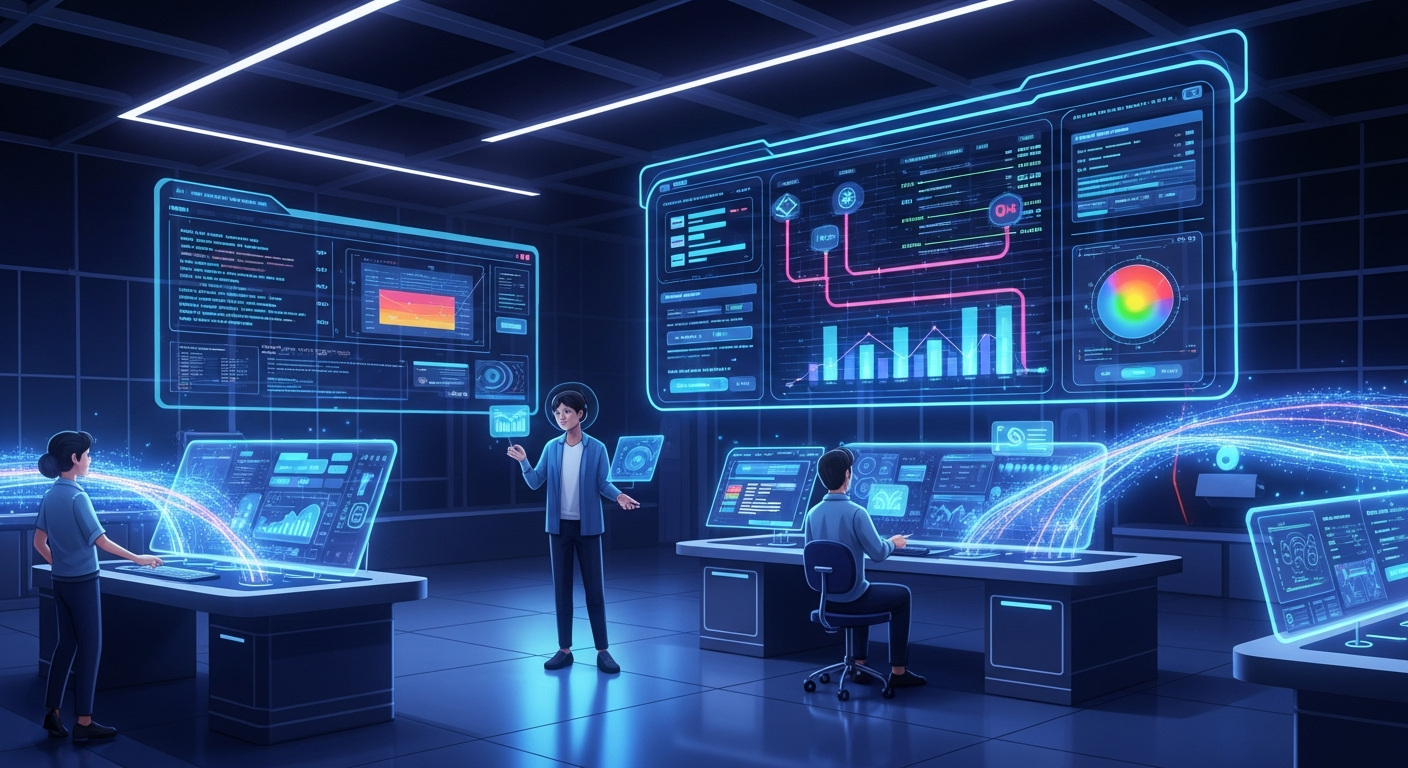
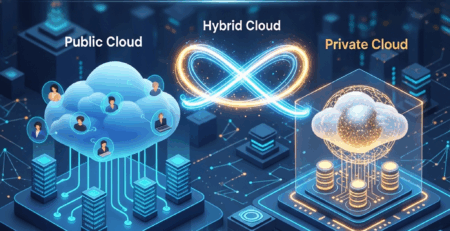



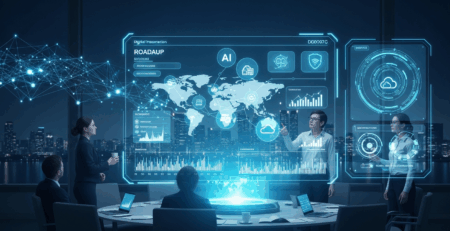
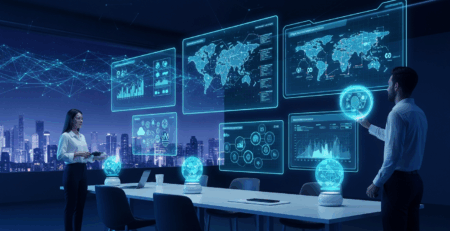


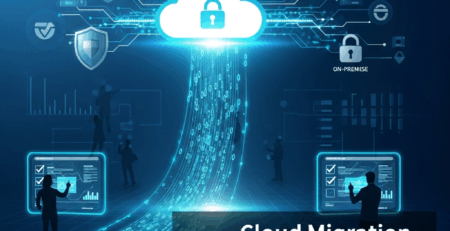


Leave a Reply